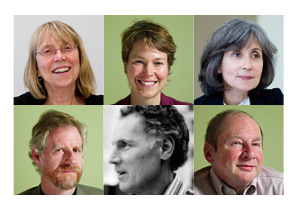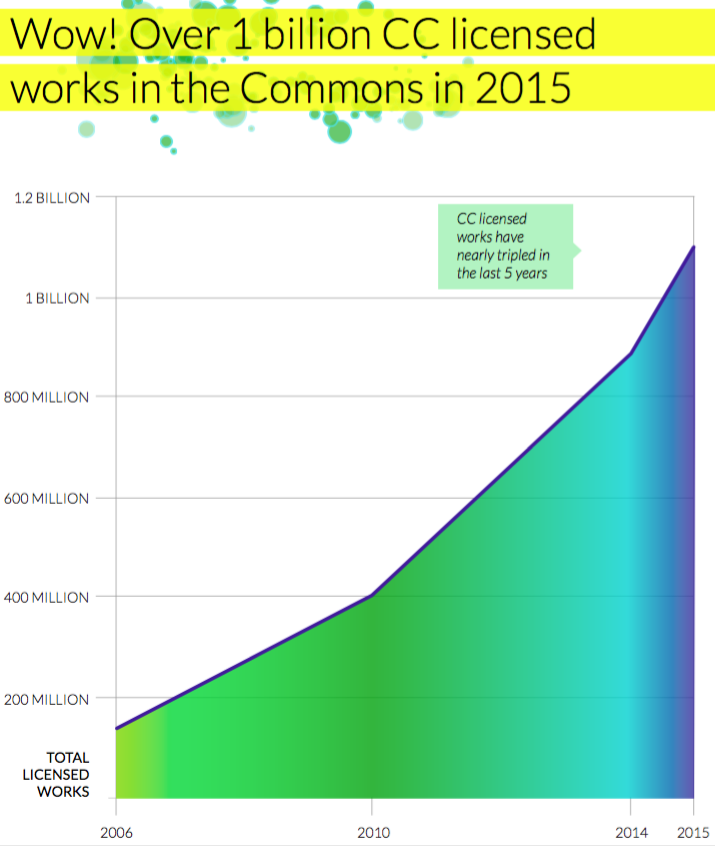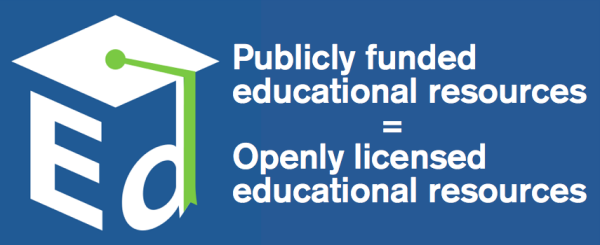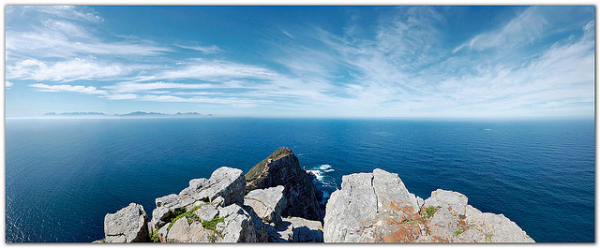Annual State of the Commons Report highlights global cultural and policy impact of free and open content
Creative Commons, the global nonprofit that makes it easier for creators to share their work under simple copyright terms, announced a major milestone in the release of its 2015 State of the Commons Report today: over 1 billion works have been licensed using Creative Commons since the organization was founded.
This milestone was announced along with other significant data points in its State of the Commons report, which covers the growth of CC content on platforms, the globalization of CC tools, and cultural trends in the digitization of creative works. The State of the Commons report can be viewed at stateof.creativecommons.org/2015.
“We started the State of the Commons in 2014 to quantify the impact of creators everywhere who are making the conscious decision to share their content,” said Creative Commons CEO Ryan Merkley. “Our focus now is to create a vibrant, usable commons powered by collaboration and gratitude. Empowering the world to share free and open content and data results in more equity, access and innovation for everyone. We’re thrilled to see the impact fostering this climate is having on the Internet and society.”
Creative Commons works in over 85 countries to lead this expanding global movement. A major factor in its growth are official translations of the Creative Commons Version 4.0 license suite. To date, the 4.0 license suite has been translated into 7 languages, with 3 more languages to be published before the new year. In 2015, people viewed content under Creative Commons more than 136 billion times.
More than 50 cultural institutions have made their permanent collections or records available for liberal use around the world under CC licenses or public domain tools. Forms of content shared include photos, videos, research articles, audio tracks, training materials, and other educational resources. Major platform partners including Flickr, Wikipedia, 500px, Medium, Vimeo, and YouTube among others have helped to grow the number of CC licensed works, participating in a worldwide effort to expand the commons, along with millions of individual websites.
“Wikipedia relies on Creative Commons to make vast amounts of material available for the world to discover,” says Lila Tretikov, executive director of the Wikimedia Foundation. “Freely licensed images and works of the world illustrate and enrich the articles Wikimedia’s volunteer editors write each day, making it possible for people everywhere to share in knowledge.”
There has also been a shift towards sharing in government. The recent #GoOpen initiative launched by the U.S. Department of Education with support from CC and technology giants Amazon and Microsoft signals a strong business case for open education. To date, the open education movement has delivered $174 million in savings to students using open textbooks with an additional $53 million projected through the next academic year — savings that can be used to improve access and equity for all students.
Highlights from this year’s State of the Commons report include the following:
- CC licenses continue to be the global standard for sharing: CC-licensed works passed the 1 billion mark this year, and have nearly tripled in the last 5 years, signaling an exciting increase in the number of people choosing to share content.
- Velocity of change: The CC-marked public domain is growing rapidly and has nearly doubled in size over the last 12 months.
- Openness is far reaching: People are using CC licenses to share in as many as 34 different languages. Creative Commons now has affiliate institutions located in 85 countries.
- Advances in Foundation policies: In 2015 a significant number of foundations switched their granting default from “closed” to open, including the Ford Foundation, Wikimedia Foundation, Vancouver Foundation and the Bill & Melinda Gates Foundation. These open funding policies ensure maximum impact of and access to Foundation-funded resources.
- Momentum in the digitization of culture: The realization that there is a business and societal case for online sharing around culture–even in the presence of extremely divergent points of view–has resulted in museums opening their collections to share with the world under Creative Commons licenses and public domain tools. The Netherlands’ Rijksmuseum is leading the charge by digitizing collections.
- A shift towards sharing in government: The proposed U.S. Department of Education open licensing policy will ensure government funded educational materials are openly licensed and freely available to the public that paid for them. Access to these materials will be open by default rather than require people to pay twice (or more) for access.
- Open education movement goes mainstream: To date, the open education movement has delivered $174 million in savings to students through open textbooks.
- Platforms as partners: Support and growth of openly-licensed content continues on platforms such as Wikipedia, Europeana, and Flickr, with new platform partners like Medium and edX.
The State of the Commons report can be found online in various formats for sharing at stateof.creativecommons.org/2015. The report has been translated into 17 languages by Creative Commons affiliates, with at least 5 more translations to come.
About Creative Commons
Creative Commons is a nonprofit organization at the center of a high-profile, international movement to promote sharing of creativity and knowledge. Our goal is to help realize the full potential of the Internet—universal access to research and education, full participation in culture—to drive a new era of development growth, and productivity. CC provides the well-known suite of licenses and public domain tools that have become the global standard used by leading companies, institutions and individuals across culture, education, government, science, and more to promote digital collaboration and innovation.
The CC licenses are everywhere—1 billion CC licenses in use across 9 million websites—making it easy for anyone to use and reuse content. For example, CC licenses give the world access to NASA’s most iconic images from space, help educators create curriculum that reduce the cost of college for everyone, and allow scientists to freely share their work with medical professionals and researchers around the world. CC also works with foundations and governments to ensure that publicly-funded content, including research and educational materials, are made available for everyone to freely use, share, and improve.
Creative Commons, Report Contact:
press@creativecommons.org
Press Contact:
Marci Hotsenpiller: marci@zincpr.com
The post State of the Commons Report Highlights Milestone of Over 1 Billion Creative Commons Works Shared Online appeared first on Creative Commons.



